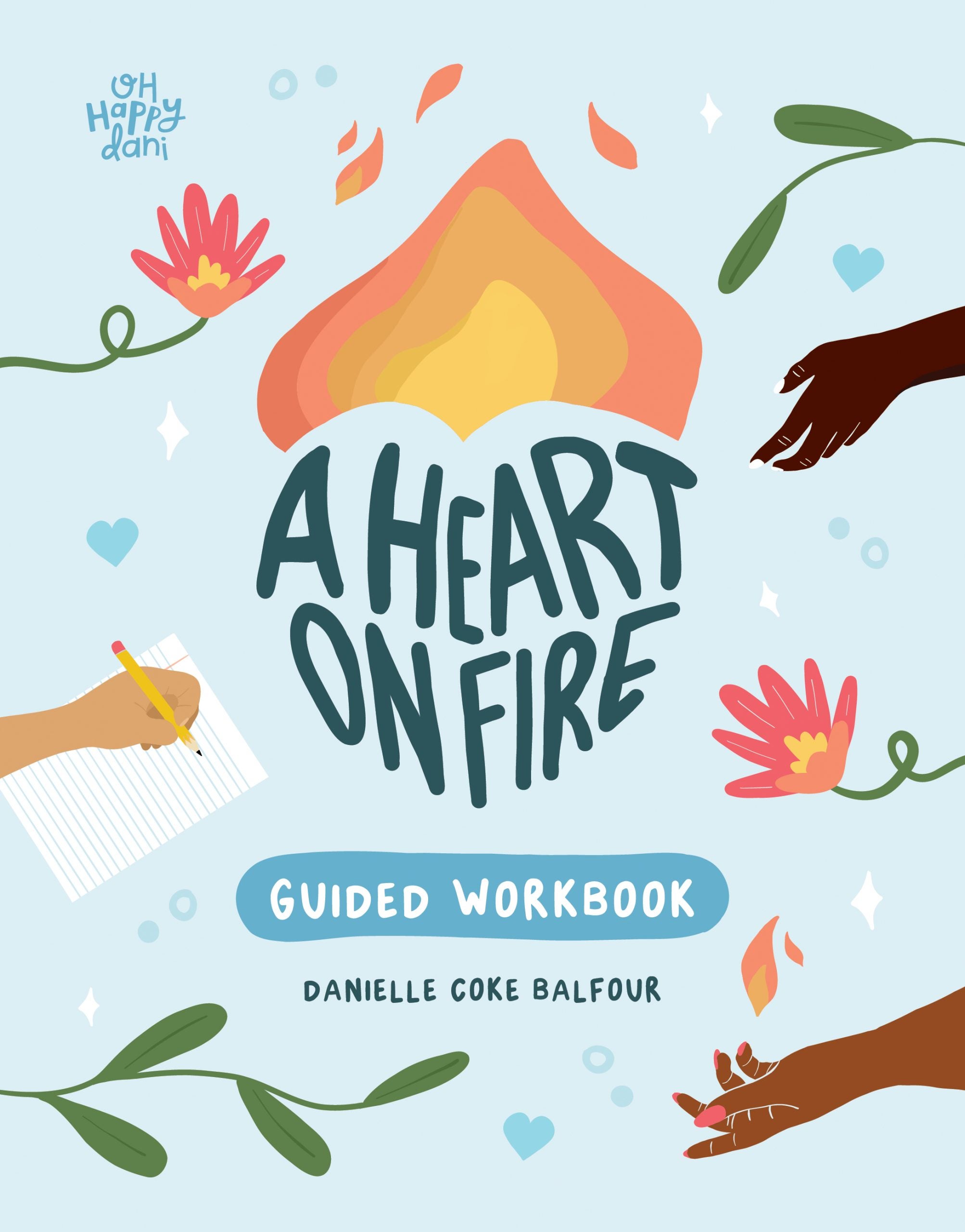The month of July is BIPOC (Bipoc, Indigenous and People of Color) Mental Health Month, or National Minority Mental Health Awareness Month. While every day is a great time to center the unique challenges that impact the wellness of people of color, this is the time of year when such conversations are centered by those outside of these communities.
One of the themes for this year’s observance is “fostering generational conversations,” and when I thought about topics to broach that could fall under that theme, one that came to mind is superwoman syndrome. According to experts, Black women are heavily impacted by burnout and stress, but are less likely to access mental health care.
I’m someone who has inadvertently put on an imaginary cape, and, knowing I’m more exhausted than not, often pushed through in an effort to be the best mother, the best wife, the best homemaker, the best editor, the best ministry worker, and other time-intensive roles all at once. I have perpetuated this because in many ways, it’s all I’ve seen in my childhood and in the messages I’ve received online and in everyday life.
But it’s exhausting, just as much mentally as it is physically, to try and do everything for everyone while giving myself whatever little bit of my time that’s left. That leads to stress, extreme fatigue, and, eventually, burnout. If not curbed, a cycle begins, one that I know all too well. But being focused so heavily on self-care can often be criticized if you’re one who has grown up in the church and heard the message that it’s more important to do for others than for yourself. It’s also met with mixed reactions when you’re a parent.
So what’s the middle ground?
According to Danielle Coke Balfour, illustrator, social justice activist, and founder of lifestyle brand Oh Happy Dani, one method of ripping that stifling cape off for good is practicing self-compassion. The idea of self-compassion is the focus of her upcoming latest work, A Heart on Fire Guided Workbook: 100 Activities and Prompts for a Life of Everday Advocacy and Self-Compassion.

The inspirational prompts in the book aim to eliminate negative self-talk that makes busy Black women feel like they’re not doing enough or that they need to appear as strong as possible even when they’re feeling broken down. The workbook helps users tap into their present purpose, pinpoint what brings joy to their lives every day, and even do some art to have a moment to release bottled-up creativity.
We chatted with Coke Balfour about the inspiration for this workbook, why superwoman syndrome is so prevalent, including for activists like herself, and the power of practicing self-compassion for the sake of your peace of mind.
ESSENCE: What’s behind this penchant for Black women to perpetrate superwoman schema and put themselves last, to their mental detriment?
Danielle Coke Balfour: I believe that the foundation of it all is the “strong Black woman” trope that we’ve been held to for generations. It fuels the idea that we are somehow divinely capable of withstanding more pain, trauma, and disrespect, so we’re treated that way. To survive, we’ve had to reach down deep within ourselves and find that resolve to keep going, for the sake of our families and our collective wellbeing as a society.
You often hear conflicting commentary. Some say people shouldn’t think so much of themselves and focus on how to do for others, but we also hear about the importance of self-care. Is the middle ground self-compassion? And if so, how can we practice that?
As the daughter of a pastor, I’ve wrestled with this exact message more times than I can count. In A Heart on Fire book, I describe this exact tension by reflecting on how we live in a world where self-love is either demonized or is the sum of one’s full focus. The church often describes the love of self as merely a distraction — as an idolatrous focus on one’s own life and gain. Others find refuge in self-care by seeing it as the only necessity because it seems to offer a form of protection and insulation from the world’s hardships and attacks.
To experience love fully, I believe that we need to find the balance between healthy self-worth and consideration for others. It’s giving of ourselves while also taking note of when our cups are running low. It’s caring for ourselves while also setting aside time and effort to show up for others. The two areas do not compete; they complement and fuel each other, creating a necessary balance for a life of love and impact. We are worthy of the love we give. Self-compassion says that, even in our love for others, it’s okay to choose ourselves too.
What inspired you to create A Heart on Fire?
A Heart on Fire was born out of an intense season of burnout and feelings of hopelessness. We were dealing with back-to-back political unrest, humanitarian crises, the pandemic, and so much more as a society, and I found myself wanting to grow cold and numb to the world around me so I wouldn’t keep feeling so much pain. It was in my processing through art that I realized how it’s in these moments of devastation that the world needs warm, beating hearts of compassion, not cold hearts that turn away. When the tragedies of the world pierce our hearts like ice, it’s our action–our love in motion–that makes the difference: our votes, our prayers, our empathy, and so much more. A Heart on Fire seeks to be a companion and guide for those who want to discover how to use their unique gifts to show up and live a life of empathy, justice, and action while also taking care of themselves and having grace for imperfection.

How did you come up with the prompts? Did you collaborate with mental health experts and therapists?
These prompts are less like an instruction manual and more like a collection of illustrated guided activities that anyone can explore. It’s a combination of immersive and engaging exercises, encouragement that I gleaned from some of my heroes like Maya Angelou and Toni Morrison, and reflection questions inspired by modern-day injustices. Instead of providing a list of answers, the workbook empowers readers to investigate and discover their own ways of viewing and embodying values like love, community, empathy, hope, redemption, justice, and more. Activities include making artwork, discovering our unique gifts for change-making, investigating real-life scenarios of injustice, and reflecting on ways to be more kind and compassionate with ourselves as we seek to positively impact the world around us.
How important is practicing self-compassion for you as a social justice activist?
Self-compassion is crucial in this work. Every day, we see activists canceling each other for making mistakes, burning out from keeping up a grueling pace, and giving up because we feel like we have to be perfect. Self-compassion helps me recognize that I’m not the end-all-be-all of this work. There will always be more to do, and it will continue with or without me because I am only one person. It’s in recognizing that I cannot save the world that I free myself up to focus on doing what I can, where I am, with what I have–and this will always be enough.
What are a few examples of ways we can be better to ourselves in the everyday?
One of the biggest ways to show ourselves more grace and empathy is to release perfectionism. Allowing ourselves to be imperfect helps us release the pressure to be strong, and instead, gives us grace to just be. Another way is to never stop chasing what makes us come alive. In choosing joy, we choose resistance, hope, and fortitude, and we remind others that we are free to exist in our fullness.
A Heart on Fire Guided Workbook: 100 Activities and Prompts for a Life of Everyday Advocacy and Self-Compassion will be available wherever books are sold starting October 29, 2024. Follow Danielle Coke Balfour at ohhappydani.com.







